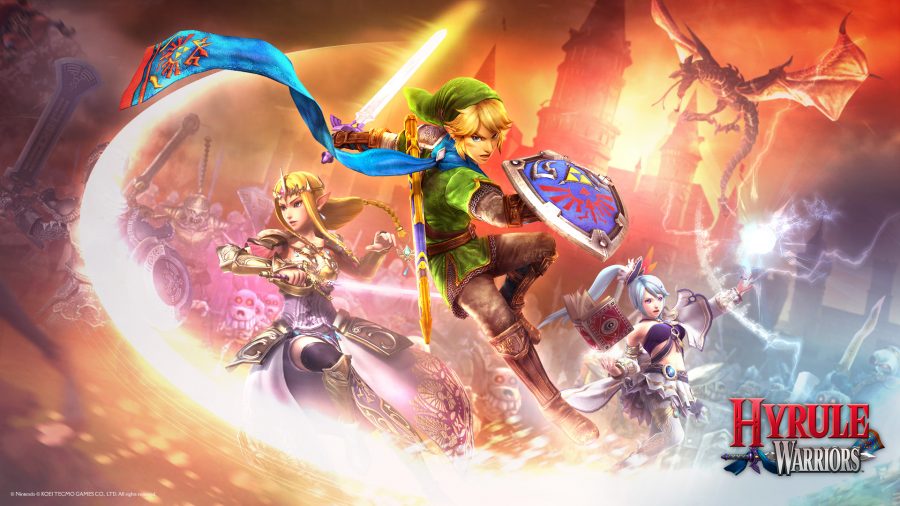
Jake Dubusker ’15
Video games have a bad history with major franchise tie-ins. All too often they come out unpolished and lacking in depth or interesting gameplay, subsequently they tend to be as well received as flesh wounds. Warner Bros. seems to have warded off this curse, however, because they’ve managed a series of Batman-based games that have fared quite well on account of being developed by competent studios, and this pattern continues with Middle Earth: Shadow of Mordor.
Now, when making a tie-in game to a massive book and movie franchise with a huge following that introduces a new storyline between the events of the films with original characters, one should treat the development studio the same way one treats a man standing on the edge of a skyscraper roof, because there is no scorn more vile and loud than that of story purists who demand answers for the plot-holes they’ve inevitably created. The story takes place presumably between The Hobbit and the Lord of the Rings, following a character whose name I’ve forgotten because they establish his uninspiring tragic backstory in the tutorial and from then on there’s not much more to the guy. He’s out to kill the Black Hand of Sauron, getting revenge and trying to destabilize Sauron’s grip on Mordor, meaning the plot should be virtually impossible to spoil because if he succeeded then there wouldn’t be a Lord of the Rings series.
Gameplay is well implemented even while not innovating or challenging very much, Assassin’s Creed mixed with Batman: Arkham Asylum sums it up, a suite of stealth mechanics and building climbing/dropping and the counter-based combat where you can take on entire armies of growling green dumbbells as long as you press either one of two buttons with proper sequence and timing. Instead of Batman’s utility belt your ghost pal gives you extra tools, such as spectral arrows, the ability to stun, and quick-slash combos where the both of you swing your swords at once. The open world is wide open without being overwhelming and littered with enemy encounters and buildings perfect for charging headlong into or sneaking about through; I could almost ignore the story mode entirely and just mess around in the world and it’d be enough, since the story mode is basically mission after mission of being given a few easily-reached goals between cutscenes.
Perhaps the most interesting feature is the Nemesis system. The uruks in Mordor have a hierarchy of captains and warchiefs, and they’re always in a state of competition for dominance, raising their ranks and challenging each other. Before taking a leader on you can pin down and interrogate one of the standard enemies and gain knowledge of their weaknesses and fears which is almost essential for the higher tier bosses. It also gives way for more creativity in fights, you’re about to take on a big captain when one of his underlings confesses that he’s afraid of those beasts they have caged up around camp. So you sneak around the camp he’s stationed at and land a few arrows on the locks to those cages, then watch him scream and cower in fear right in front of all his friends and family before he’s mauled to death. Later on you even gain the ability to brainwash uruks, so you can insert sleeper agents into the hierarchy! Warchiefs always have a few captains at their guard and can be difficult to kill, but with enough effort you can help a few brainwashed captains rise through the ranks to be that warchief’s bodyguard, and then snap your fingers to watch nature take its bloody and warchief-unfriendly course.
So while the story mode is rather uninspiring and mechanics of the game not really doing anything groundbreaking or inspiring, the game as a whole is executed very well in almost every aspect. The open world and all its encounters should provide many hours of fun whether you like to charge face first into a horde of enemies or pick them off one at a time from a nearby bush, along with the many ways you can play with the uruk’s command heirarchy. I can recommend Shadow of Mordor for its gameplay alone; the setting serves it well and the plot, while rather throwaway, does provides enough context to string together the game into a rather satisfying experience.
Categories:
Video Game Review Middle Earth: Shadow of Mordor
November 3, 2014
More to Discover









